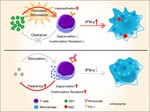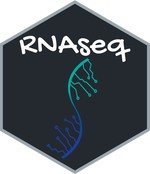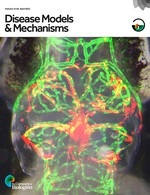Shawn (Xiangyu) Pan
Ph.D of bioinformatics
State Key Laboratory of Biotherapy and Cancer Center, West China Hospital, Sichuan University, Chengdu, China
Introduction
I’m Xiangyu Pan, also could call me Shawn, a senior bioinformatician that skillful in omics data analyzing, including single-cell RNA, ATAC and spatial data, bulk RNA and ATAC data, CUT&Tag-seq (ChIP-seq) data and WGBS-seq data. During my PhD training, I have a good grasp of epigenetics biology and I’m so passionate in unraveling the epigenetics reprogramming mechanisms in tumorigenesis and tumor-maintenance, especially for tumor metastasis and resistance.
I finished three main projects during my PhD training: 1) Identifying a confused cell identity for esophageal squamous cell carcinoma; 2) KMT2C deficiency promotes small cell lung cancer metastasis through DNMT3A-mediated epigenetic reprogramming; 3) Nivolumab treatment of relapsed/refractory Epstein-Barr virus–associated hemophagocytic lymphohistiocytosis in adults. Besides, I also participated in many other projects and cooperated with other lab members to reveal the tumor resistance mechanism under chemotherapy and/or immunotherapy treatment.
As the one of the first developers to establish the bioinformatics team in our wet lab, I am capable for building the bridge from wet-hands and dry-hands, and the molecular bridge between the mouse models and human disease by omics data analyzing. And I’m so expected that I could increase my scientific taste and sense in the future research.😊









